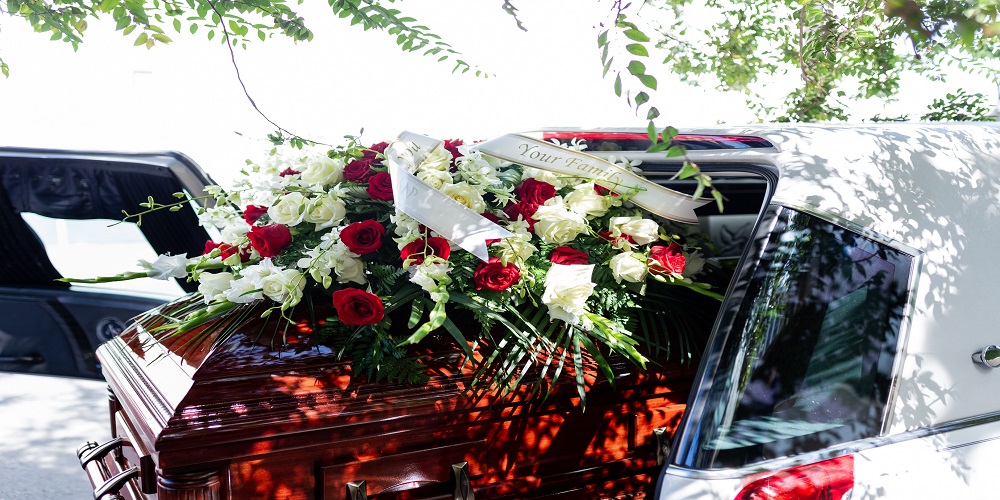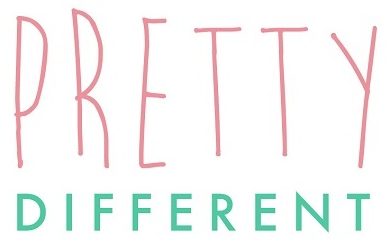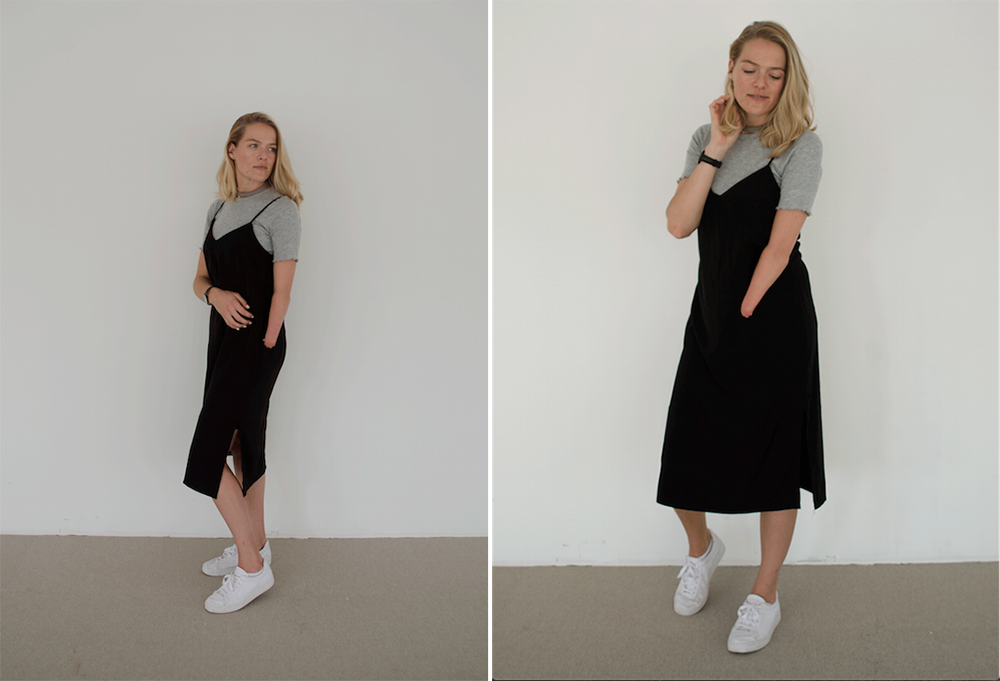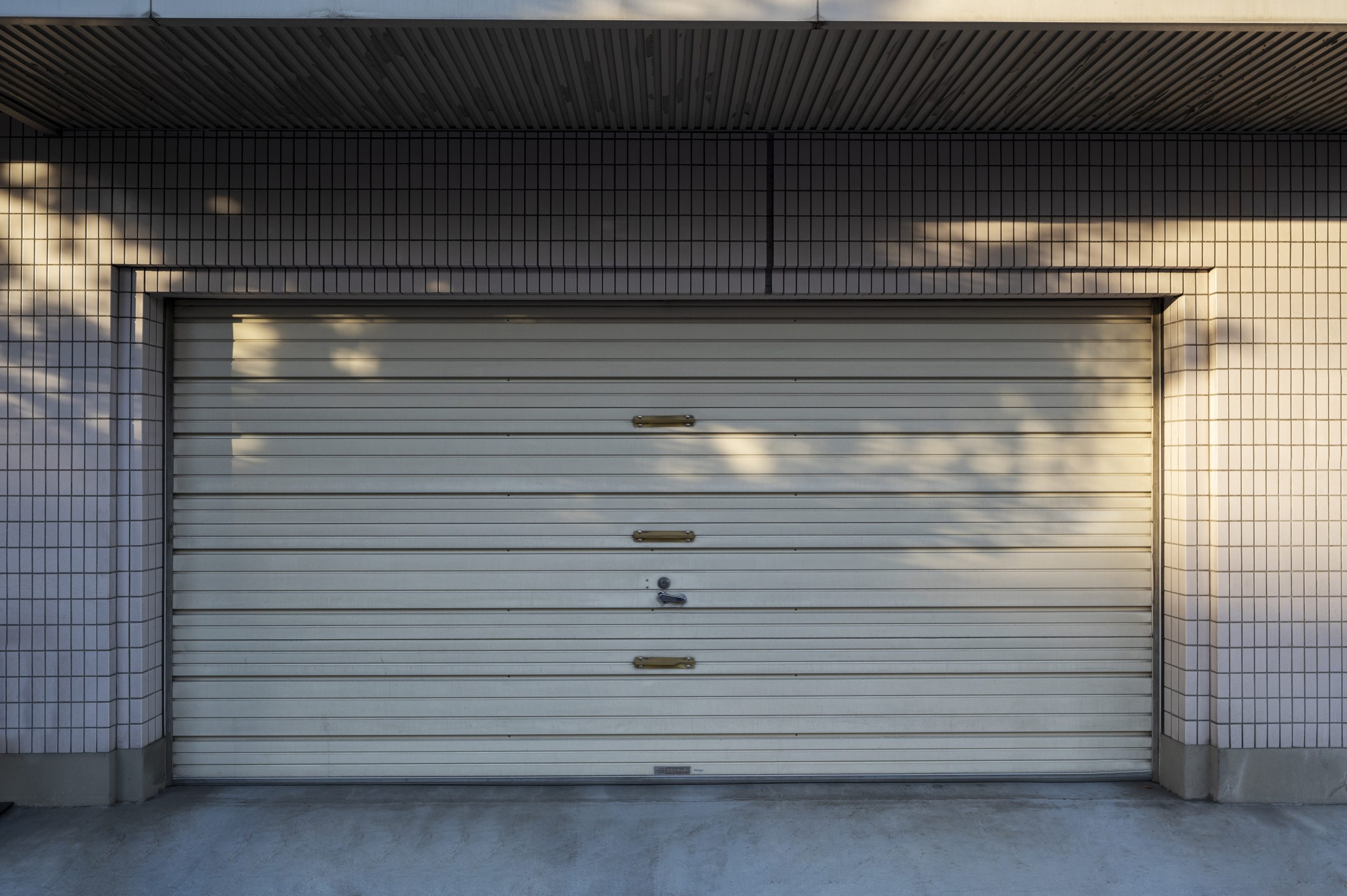Generally, cremation is an easier option when it is a common practice or when the deceased expressed preference when they were alive. The decision to bury or cremate is therefore a personal choice. However, death is untimely, and it may be left to the family to decide. When the time comes, this is how you should make the decision. But first things first, what is the main difference between cremation and burial in 2023

Definition: Cremation vs Burial
In cremation, the body of a deceased person is burnt to ashes, which can be kept or disposed of according to the deceased or family wishes. In burial, the deceased is buried in a burial ground (cemetery).
Choosing Between Cremation and Burial
1. The Cost Factor
Both methods have cost differences, with cremation being the cheaper option. In the Canada, burial costs average $ 5,000-$10,000 while cremation costs average $2,000 to $5,000. If cost is of utmost concern, cremation is a better option. Cremation costs are lower because there are no embalming/dressing costs. The process can also take place in the absence of a ceremony and a coffin which lowers the costs further. It is possible for cremation to be half the cost of burial or lower if there are no transport costs, service costs, or embalming/dressing costs.
2. Flexibility
Cremation offers more flexibility than burials. Loved ones can display ashes in an urn (at home) and scatter them in the ocean or another memorable/special place. The ashes could also be buried at home, in a cemetery, or woodland. Other options include turning the ashes into something memorable (like jewellery) or having them stay in a specific place (specific plant/tree). When it comes to burial, the options are limited. The body must be buried in a burial site like a cemetery.
Cremations are also quicker to arrange. They simplify things for families. They don’t demand service costs, or special transportation for the deceased, among other arrangements that slow down the process as well as make it costly. When flexibility is a critical factor, cremation is a better option.
3. Religion
If religion is the utmost important factor when determining if a burial is better than cremation, it all depends on the beliefs of the deceased or beliefs of his/her family. If the deceased and his/her family are catholic, cremation is banned. However, it can still be an option over burying if it was expressly chosen as a preferred method by the deceased.
There are also religions that practice cremations, like Buddhists. What’s more, there are religions that don’t have preferences i.e., someone can be buried or cremated.
4. Respect for Remains
This could also be a major factor when determining cremation vs burial. The desire to offer the utmost respect to the deceased can create a preference for certain methods. There is general consensus that burial offers more respect. However, those who choose cremation may argue otherwise. It generally depends on the culture and faith of the people in question. Here are ideas on what to do with cremated ashes if you choose cremation over burial,
Conclusion
We’ve discussed major differences between cremation and burial above and touched on the most critical factors to consider in the cremation versus burial debate. In a nutshell, it all depends on what the deceased and the family believe in and prefer. The factors that are predominant over others should be used to make a final decision.




